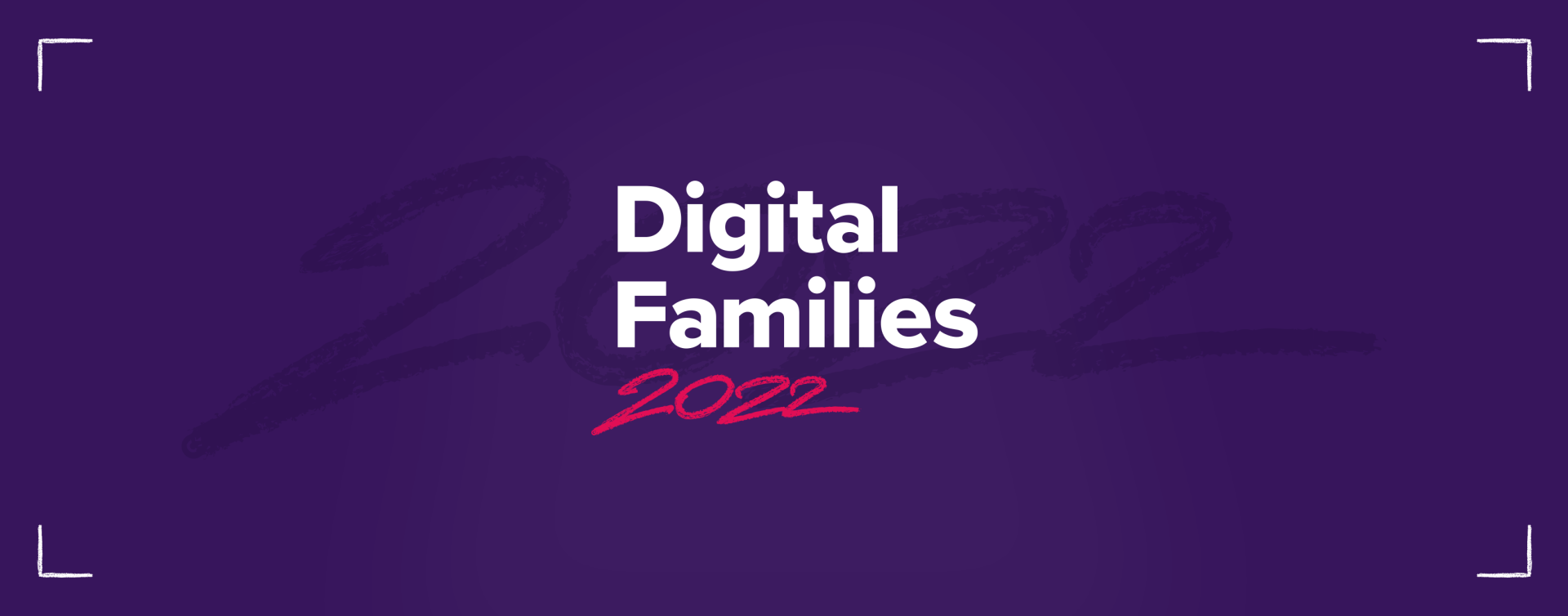Digital Families 2022: Q&A with Natalie Foos
VoiceBox strives to be a dynamic solution to both the inaccessibility of traditional news outlets and the ‘free-for-all’ nature of social media – giving young people across the globe a way to voice their opinions, and to open up fruitful dialogues.
Parent Zone spoke to Natalie Foos, director at VoiceBox, to learn more about the company and its range of contributors.
![]()
PZ: Can you explain a bit more about how and why VoiceBox came about?
NF: We created VoiceBox back in 2020 to give young people’s voices a boost. More often than not, young people are left out of the conversation. At worst, products and policies are informed by best guesses about what young people want and need – with no young person sitting at the table at all.
Often, young people are having conversations of their own about the exact topics these organisations want to understand. These conversations happen in unique ways, in various digital spaces – but they often aren’t seen or taken seriously.
Through our content platform, our Ambassadors and our research, we are creating spaces where young people can genuinely express themselves – without getting lost in the noise.
PZ: VoiceBox offers readers access to huge breadth of contributors and content. How do you go about achieving this?
NF: Firstly, it helps that our team is international, so we are able to reach a wider audience simply by reaching out to our networks within our own countries. Also, content contributors usually find us through digital spaces, which are international by nature.
We are able to showcase such a wide range of topics because we allow content creators to take the lead and shout about whatever they want. We genuinely want to hear about the things that they are interested in or passionate about, and we have received an incredible array of content, from Vanlife to what it was like being in a cult.
We’ve found ourselves swimming in a beautiful, chaotic mix of topics and perspectives that many organisations and policymakers simply aren’t aware of – and VoiceBox is proving to be a new era of collaboration between youth demographics and people with influence.
PZ: Can you give us a rough idea of just how many countries you have contributors from, and how this impacts inclusivity at VoiceBox?
NF: We have received content from contributors in over 35 different countries, and we are happy to see that our community is continuing to grow. This allows us to have a large diversity of voices from different cultures and backgrounds. It’s exciting to receive content showcasing so many different experiences.
PZ: Do the concerns of young people tend to vary, or are there any that are consistent across cultures and countries?
NF: We do get a wide variety of topics submitted to us, but two topics that young people seem to be focused on across cultures are mental health and tech. Young people are becoming increasingly aware of the role mental health plays in overall wellbeing, and we are finding many of them want to share their own experiences to eliminate harmful stereotypes and help others who might be struggling.
Because tech is such a big part of young people’s lives, they are eager to write about exciting new developments in the tech world as well as issues that occur in digital spaces, such as digital privacy risks and problematic trends.
![]()
Natalie will be appearing at Parent Zone’s Digital Families Conference 2022 on Tuesday 18 October. Register now to attend virtually.

